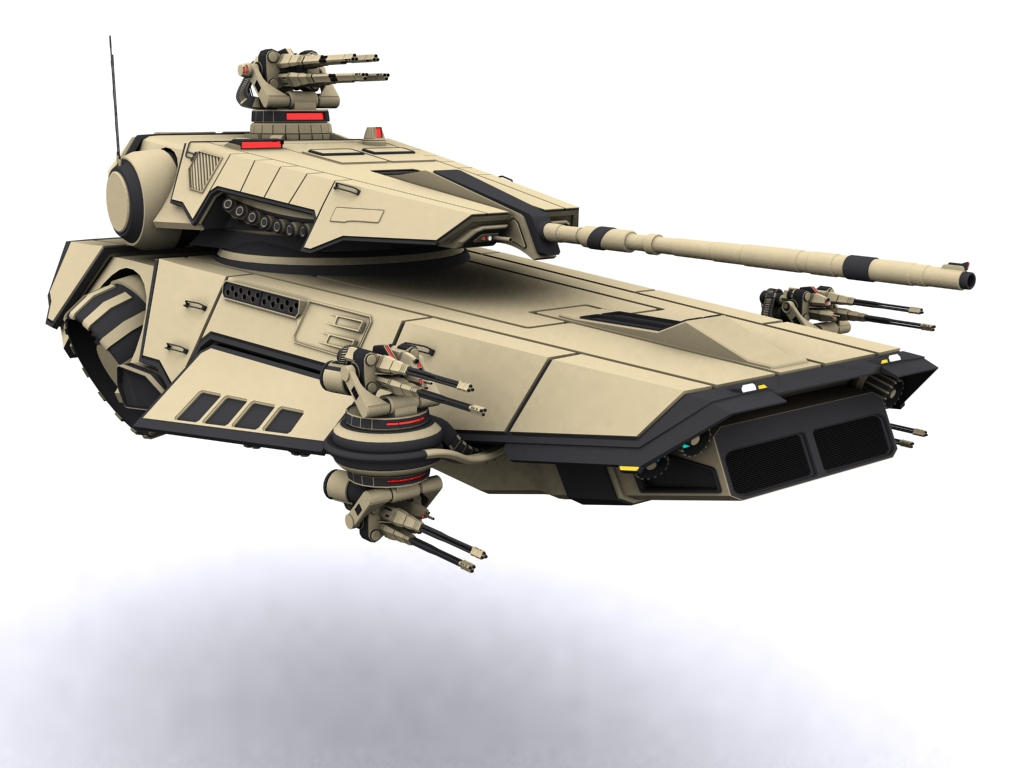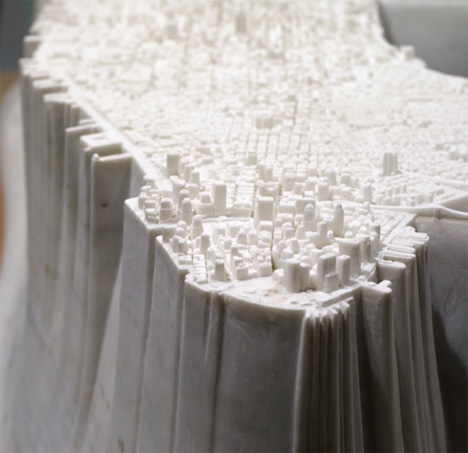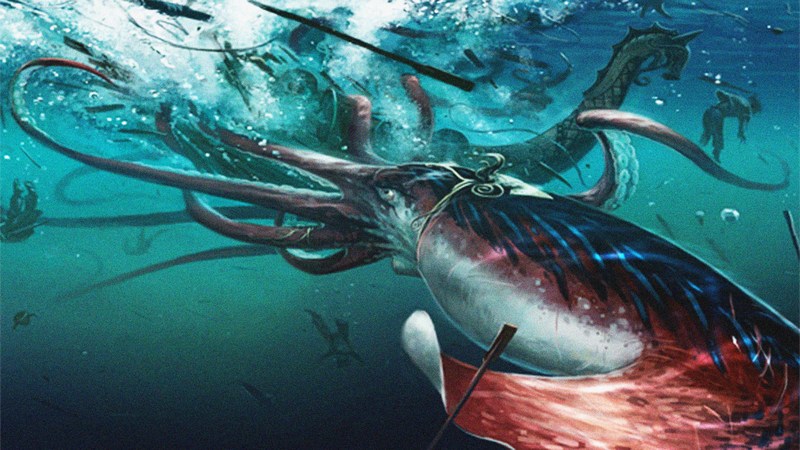***Digression***
Ánemos (άνεμος) is Greek for wind (thanks google translate!). I have named my two most developed settings after the wind, Ánemos and Vindjord (which is literally wind-land from the Norwegian and Danish). I think it has to do with the landscapes I picture the PCs being in at the beginning of the writing process. Vinjord's aesthetic is strongly influenced by the amazing art from the Banner Saga.
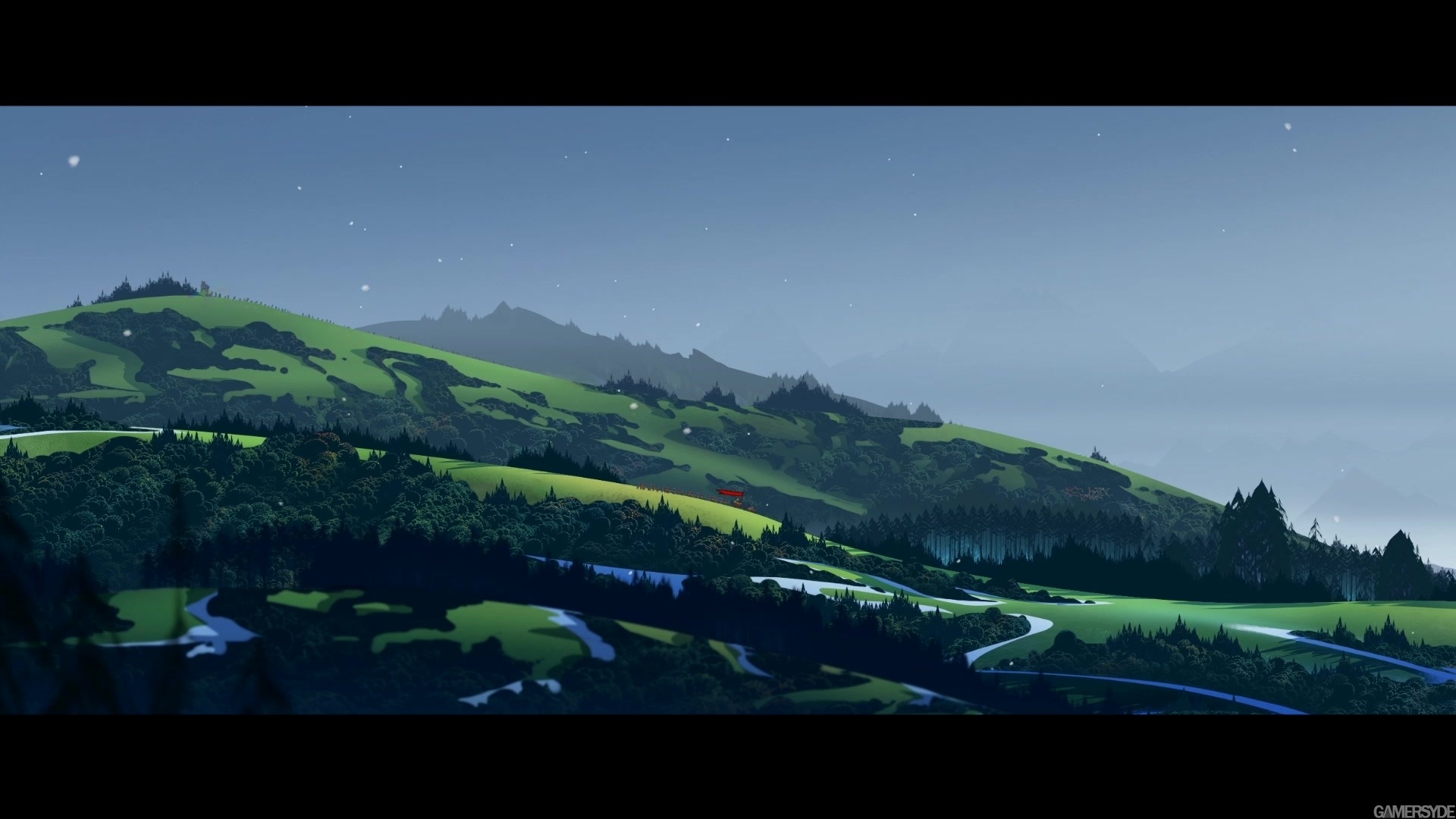 |
| Get it, love it, look at really beautiful game art. |
And so too with Ánemos the Windswept Isles. I saw men and women in loose and airy clothes, jumping off a trireme onto a white beach below parched and scrubby cliffs with the ever present wind whispering across the azure sea...
***End digression***
... there is a funny medley of the idea of little gods and powerful nature spirits. I have been running games with one of my D&D groups in this setting since June or July, and as we have been exploring it together we have been flirting with some deep questions about the nature of divinity. One of my players is a demigod (using stats as an Aasimar), in the tradition of Greek mythic heroes like Hercules.
In the last session we played they met the closest thing to a "real" god in the setting, the God of Minoa. He revealed that the players had accidentally kidnapped (godnapped?) a god from a small but bustling smuggling isle just outside of the Minoan Republic's military control. This god was quietly locked away in depths of the Obsidian Bank's vault, presumably for decades. As a result it is little better than a beast, barely capable of language and understanding. The God of Minoa, Minoa, revealed its nature to the party and hinted at some of the stuff below.
 |
| Minoa is basically Zeus. Definitely the most generic god ever. Tropes have their uses though. (I also love this video game) |
Divinity as a Function of Belief:
Unintentionally borrowing the concept from Discworld (one of my players couldn't believe I hadn't read any of it), gods operate as a function of their believers faith. The do not exist in a vacuum, indeed it seems that they would not exist at all if they had no one to believe in them. In my myth about mermaids I flirted with the idea of the "birth" of a god: "And so Várdana, the Queen of Poetry, was born along with her first believers deliverance..."
It seems to me that the birth of a god needs three things in Ánemos:
The beliefs of mortals in an immortal being are fickle, as the centuries grind by even dwarfs' and elves' attentions flow and warp. So is the birth of a god's personality tied to the passing interests of their believers? Is Várdana the god of poetry because her first believers had been writing shitty rhyming couplets the day before their ship wreck? Or did she only save the couple because they had the capacity for poetry in them, and being the god of poetry she would of course intervene?
The question boils down to this: do the gods of Ánemos have some animating spark of character that is immutable and is given the chance to flourish if believers are found OR are the gods mutable to the interest of their islands inhabitants? It is a chicken and egg argument that philosophers and theologians alike have argued about for the long history of the islands. Few even recognize that the gods change through time and history with the whims and beliefs of their followers.
It seems to me that the birth of a god needs three things in Ánemos:
- A spiritually blank piece of land (more on that later)
- People ready to become believers
- Praise, or put another way, to be spoke into being (the animating breath, the same root word as Ánemos)
Using the story of Várdana as a template we can see the elements at work: a rocky little island in the storm struck sea devoid of spiritual inhabitants, desperate victims of a ship wreck looking for a savior, and their cries for deliverance. The result is that a goddess manifests to accept their praise.
 |
| Born with a clarity of purpose, sprung from a thought... |
The question boils down to this: do the gods of Ánemos have some animating spark of character that is immutable and is given the chance to flourish if believers are found OR are the gods mutable to the interest of their islands inhabitants? It is a chicken and egg argument that philosophers and theologians alike have argued about for the long history of the islands. Few even recognize that the gods change through time and history with the whims and beliefs of their followers.
 |
| ...to drift and flow with the wandering hearts of their believers. |
Geography as a Function of Divinity:
In Ánemos land is life, the ocean is a desert of salt. So the beings that are attributed with creating the many islands of the archipelago are of course revered as gods. There are countless islets in the wide Sea, and non-has yet been found that doesn't appear to have a the chance to have a god be born. Some of these spits of land have never had a thinking being set foot/paw/fin upon their shores and their gods are brute beasts of thought, really more the potential for a god than a god.
 |
| Introspective giant mushroom thing? Probably a god |
The psyche's that molded Mother for centuries before the human settlers are centaurs, and while not city builders their needs demand open places and expanses of land to graze. So her island is large, her primary "function" is to beat back the creep of the dense forest to create fresh grazing areas. Similar function is desired by the new settlers, who are almost exclusively herders. As such the geography is likely to remain intact who ever wins the war of colonization and attrition.
The small god my PCs have taken from its home island is going to be the window through which they get to explore the mechanics of divinity. If they stay too long on a single island will their little godling cause a geological event (either consciously or not) to create a new land mass for his godhood to mount on? Perhaps the golding could kill and consume the godhead of the resident god, taking on some of their form. What happens to its original island, already little more than an atoll with less than a square mile of permanently dry land? Will it return to the Sea unless it returns or a new god claims it?
Voskó is a large island, but Mother/the Shepherd is a mute and inscrutable god. She is finite, she doesn't cure the sick or lay down holy doctrine, she just creates pasture. A human from the village has taken it upon himself to become her cleric, but has not had any success in securing her favor, perhaps because until then no one was interested in it. In a peace summit organized by the PCs the centaurs and humans successfully held her attention long enough to help ease tensions between centaur and sheep grazing rights by creating much more pasture. This was a jump in her nature, to answer the prayers of her believers, but still within the scope of her interest: pasture.
 |
| Chain Reaper? Totally a god too |
 |
| SPACE CENTAUR!!! (definitely a god) |
Thoughts
I like these ideas because I am actually finding ways for my PCs to interact with them (which doesn't always happen with wacky ideas), and it gives them a lot of agency in literally shaping the world. Having a tangible effect on the very geography of the land is exiting, and the Spirit mechanics already give a good way to manipulate the ecology. This means that the PCs have the power to terraform (after a fashion), with the manipulation of belief in a god and the proper appeasement of the Spirits they could create island with ecologies that suit their needs. This has the potential to really change high level play when PCs begin to build their own domains.
I've already written a post on the birth of a god (which I discussed above) and an example of extreme Spirit deals, and these could be used as road maps to create quest for players. Wanna build a stronghold on an island? Cool! Find an uninhabited one, ship in some believers to sculpt the god, meet the Spirits and find out what they want in return for favorable conditions and create the island stronghold of your dreams! The converse could be happening, cults indoctrinating the public into new forms of belief in their god to shape the god's domains. Or rouge druids secretly out maneuvering the locals to bring ruin on the populous with the aid of the Spirits.

